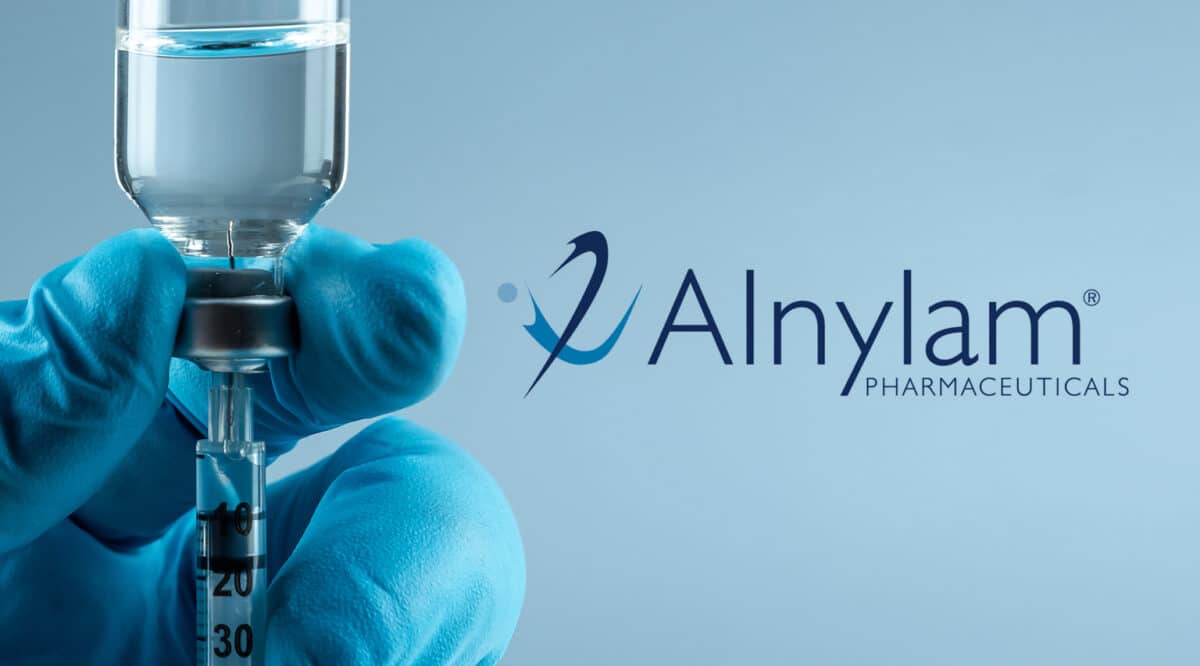Curiouser and curiouser…….
Over the past three years the three largest PBMs each formed a GPO to, in their words, “capitalize on scale to get better drug prices.” That, in itself, should not be a surprise since better pricing is the essential definition of a GPO….. the more ya buy the better the prices. Right?
What is a surprise is that these GPOs were formed on a counter intuitive premise…. that their volume was soooo large that they could unilaterally negotiate better acquisition prices than by partnering with a traditional GPO that would bundle their volume with many other purchasers to drive even greater bargaining power. And, as cited below, “nowhere will you find some particular customer need that is being better served by the existence of this new entity.” Makes one think.
That at least two of the GPOs referenced in the article were formed in Europe (Switzerland and Ireland) may hold new insights on ‘global’ vs. ‘US only’ purchasing power. Are we witnessing a gosh darned paradigm shift…. by golly? Or, is this just part of a strategy to help insulate a key element of the PBM model given the looming US regulatory initiatives that have been targeting their business practices of late. Makes one think.
Dear readers….. there have been few articles published recently that raise as many issues and questions as the article below. It is well worth a thoughtful reading.
Three PBMs, three PBMs
See how they run, see how they run
Did you ever see such a sight in your life as these three PBMs?
——————————————————————————————–
PBMs are Creating GPOs, and Stirring Debate as to Why
The ‘Big Three’ all set up group purchasing organizations recently, but some industry observers question the timing of the move and who will benefit.
July 12, 2022 — In 2019, Express Scripts PBM formed Ascent Health Services GPO (group purchasing organization), based in Switzerland. In 2020, CVS Caremark formed Zinc GPO. And in 2021, OptumRx formed Emisar Pharma Services, based in Ireland. With pharmacy benefits for approximately 75% of U.S.-covered lives under their control, why would these PBMs need GPOs — to capitalize on their scale to get better drug prices?
“In each case, there’s what the PBM said, and then you have to do your best to fill in the blanks of what could possibly be going on,” says Howard Deutsch, principal at ZS Associates, a global professional services firm with offices in Boston. “They haven’t said a heck of a lot. They’ll say things about serving customer needs, but nowhere will you find some particular customer need that is better being served by the existence of this new entity.”
With the Big Three PBMs already covering a majority of prescription claims, “the idea that they needed to create some sort of new entities so they can have some bargaining power is kind of ludicrous,” Deutsch says. “They already had plenty of bargaining power and were using that quite effectively. It’s unclear from what they’ve publicly said what the value proposition is to the rest of the healthcare system. The value proposition to the PBM is somewhat clear.”
Pricing is one reason Ken Paulus, president and CEO of Prime Therapeutics, gave in an interview last year with Managed Healthcare Executive®. Prime entered into an agreement with Express Scripts three years ago whereby Express Scripts handles some of the negotiations with pharmaceutical manufacturers. As a minority owner of Ascent GPO, Prime has direct access to all the GPO contracts and received savings it would not have gotten otherwise, Paulus said in the interview. Prime still processes its own claims and performs utilization management, Paulus said, but the GPO was “a fairly elegant solution for us to save significant dollars for clients and members and employers, but do so without giving up our strategic optionality, which is continuing to run our own business.”
Alan Lotvin, president of CVS Caremark, CVS Health’s PBM, said in a recent interview with Managed Healthcare Executive® that the GPO was a way for CVS Caremark to “separate out all the different lines of business onto separate contracts” and gain some bargaining power.
“It wasn’t, at least in our minds, so much about regulation,” Lotvin said. “I thought about more that if we have a single rebate contract that covers multiple lines of business, if one line of business is impacted by a decision, if I have to go back to pharma and renegotiate, I am renegotiating from a position of weakness. So, if I disaggregate proactively, now I’ve taken a tool away from the manufacturers.”
With the consolidation in the PBM industry and with large payers now integrated with PBMs, “the payer value proposition is pretty important,” observes Ashraf Shehata, national sector leader for healthcare and life sciences for KPMG, a consulting and accounting firm. Over the years, PBMs have moved into a shared services role within their health plan owner systems. The PBM would typically be the largest single entity in the shared services business. But Shehata anticipates seeing other capabilities like care management, IT services and data analytics moving into various shared services buckets as these frameworks for large multientity payer enterprises mature.
GPOs negotiate prices of drugs, medical products and devices for members. In healthcare, the members have traditionally been hospitals and nursing homes. The idea is to lower prices and reduce transaction costs by increasing the purchasing power of a larger group. The GPOs are often member-owned and funded by administrative fees.
Suspicious of the timing
The spate of GPO launches by PBMs came as Congress was debating legislation that would establish new transparency requirements for PBMs, notes James Gelfand, executive vice president, public affairs, of the ERISA Industry Committee, a trade association representing large employers. Transparency language was included in the Lower Health Care Costs Act in 2019, which the PBMs lobbied against, according to Gelfand. PBM transparency provisions are also included in the now-defunct Build Back Better bill.
Gelfand finds the timing for forming GPOs suspicious. “Are you creating another intermediary in the supply chain to prepare for transparency requirements that are going to be specific to the PBM?” he asks. Many have worked to bring more transparency to the drug supply chain and healthcare system in recent years. With so many entities involved in the drug supply chain, such as insurance companies, PBMs and vendors that set up and run the plans, adding another intermediary — the GPO — risks losing some of the progress made, Gelfand believes.
Employers want to know whether the new GPO entity will retain rebates or discounts instead of them going back to plan sponsors, Gelfand says. Will this new layer add costs? Will GPOs be able to negotiate better than the PBMs? Will the PBM use the excuse that it cannot provide the requested data or information because the GPO has it and there is a firewall?
“We have moved pretty far ahead in terms of making sure that the plan sponsor owns the plan and the data in the plan. But this could be a setback depending on how it’s implemented,” Gelfand says.
Vendors will always say they are performing better and overall savings have improved. But plan sponsors need to do complex data reconstruction and analysis to be sure. “Vendors are going to guarantee us that we’re reaping the benefits of lower prices, but it’s a trust-but-verify situation. I haven’t had time to verify,” Gelfand says.
Deutsch suspects that the new GPO layer will keep some of the rebates and only pass through a percentage to the PBMs. With PBMs, “almost every single penny on the dollar is passed through to the plan sponsors now,” so PBMs do not have that revenue stream. The GPO can take a cut through an administrative or data-use fee to retain some of the rebate, he said.
Ultimately, many experts anticipate prices going up. “I don’t see how you can add another middleman and not add more cost to the system,” says Kevin Young, co-founder and chief product officer of Prescryptive, a prescription data platform with a PBM product.
“It’s going to be up to the plan sponsor to evaluate the benefits and the value they’re getting from the PBM relationship,” says Shehata. If the overall benefit is good, they will not care about individual fees, he says. “Most buyers of PBM services and most consultants that evaluate (PBM contracts) look at the total value rather than separating individual fees.”
Outside experts also have questions about why Express Scripts located its GPO in Switzerland and OptumRx did so in Ireland. “They stand to lose a lot if they get regulated on rebates,” notes Young. “Creating another organization that’s offshore, they can protect their interests, protect their shareholders’ interests.” Europe does not make much sense as a location for U.S. healthcare entities, says Deutsch: “Switzerland is not exactly a hotbed of U.S. pharmaceutical activity.”
But Shehata thinks placing the GPOs outside the U.S. makes sense: “Going back to that shared services model, the belief is that many organizations build shared services structures at a global scale to actually optimize their ability to work at scale.” He says many payers run organizations in multiple countries and have global businesses ranging from infrastructure to call centers. “I think of this as consistent with their global delivery model and less of a short-term move to try to reduce liabilities.”
No matter where a vendor is located, Gelfand wants to make sure it is still subject to transparency and accountability rules. “I don’t know that basing your company in another country gets you out of any of that,” he says. “If being based in Ireland or Switzerland gives you a better tax rate, that’s not our business as customers. We don’t care about that. We care about what effect will it have on patients and our ability to provide the best benefits for the patients.”
GPO creation “could be a really good thing or it could be a really bad thing. And … it’s too early for us to tell,” Gelfand says.
Deborah Abrams Kaplan
MHE Publication, MHE July 2022, Volume 32, Issue 7
CLICK HERE to access the published article











